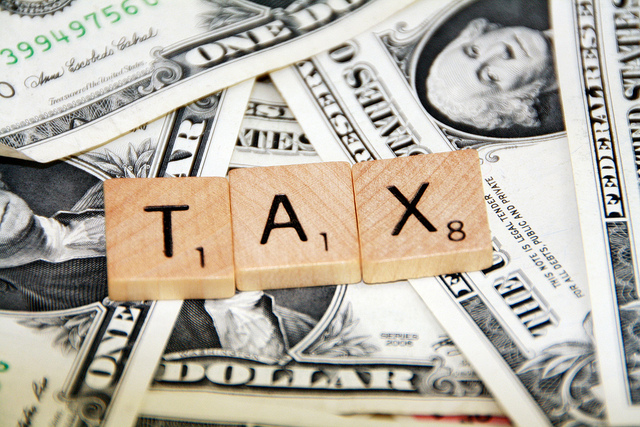By Del. Lily Qi and Franz Schneiderman
When you shop online, you expect the price you see to be the actual price you pay. But this is often not the case when you shop for a car online.
That’s because many car manufacturers have imposed what the industry calls Minimum Allowable Advertised Price (MAAP) rules that set a high floor for many of the new car prices dealers post on their own websites. Those price floors prevent dealers from including their own discounts in the prices they list online and can cause the online car prices (and online price comparison tools) to be much higher than the prices available in the showrooms where dealers are free to offer their own discounts.
This little-known but serious problem can mean a discrepancy of $1,000, $1,500 or more between the dealer’s brick-and-mortar showroom and its virtual showroom—the dealer’s website.
Online car sales have exploded over the last two years, as the Covid-19 pandemic accelerated much of our car shopping from the showroom to the Internet. That ought to be good news for consumers, just as most of us now routinely buy many other products online.
But these industry MAAP rules between manufacturers and dealers distort the price information available to unknowing consumers. Worse still, they sharply restrict the price competition consumers need to get a good deal on the increasingly expensive vehicles most of us need. Yet even with the dramatic growth of online car shopping, these anti-competitive rules have spread throughout the industry. The list of car makers that use them now includes not only luxury brands like Mercedes, Lexus and Infiniti but mid-priced brands like Toyota, Mazda, Nissan, Hyundai, Subaru, and Volkswagen.
Car shoppers are often advised to start their search by pulling price quotes online from area dealers and price-comparison sites before setting foot in a showroom. That’s only effective if the price listings are accurate. Distorted online information also puts consumers who may find it difficult to visit multiple showrooms for accurate price quotes at a clear and unfair disadvantage. That includes customers who don’t currently have a working car, those with limited mobility, immuno-compromised people, and customers in urban areas who may need to travel a long way to find new car dealerships (there are no new car dealerships in Baltimore City, for instance).
Online shopping should be an equalizer
Online shopping should be an equalizer that allows all consumers to enjoy the same prices, not a tool for misleading information that further disadvantages certain groups of customers.
Our “truth in online car pricing” legislation, HB 274, would improve price competition and transparency by prohibiting car manufacturers from punishing a car dealer that lists a valid car price offer on its website by withholding advertising dollars. It would NOT change the rules prohibiting fraud or phony, bait-and-switch price offers. But it would enable car buyers to do something nearly every other shopper takes for granted: get an accurate price when they shop online.
It might seem hard to understand why that’s controversial – and indeed the legislation, a bi-partisan bill sponsored by Sen. Michael Hough, R-Frederick, SB 615, and Del. Lily Qi, D-Montgomery, has passed the Maryland Senate with overwhelming support in each of the last two sessions. But each time opposition from within the industry has caused the bill to stall in the House of Delegates.
That’s convenient for some car makers, who benefit from the ways MAAP rules work to increase the prices consumers pay for cars, and for those car dealers that don’t really want to compete to offer more attractive prices to their customers. But it hurts consumers and pushes up the price of one of the most expensive products most of us will ever buy. It also punishes those dealers that want to do the right thing by competing to offer their customers more attractive prices.
Online car buying is here to stay. With the pandemic dragging on and both new and used car prices surging to record highs, price transparency and price competition online is more important to car buyers than ever.
It is time we act to prohibit unfair practices that hurt consumer interests by finally passing the legislation to prohibit car makers from enforcing MAAP rules in Maryland. It is time we enjoy accurate car prices in the virtual showrooms just as we do in physical showrooms.







Recent Comments